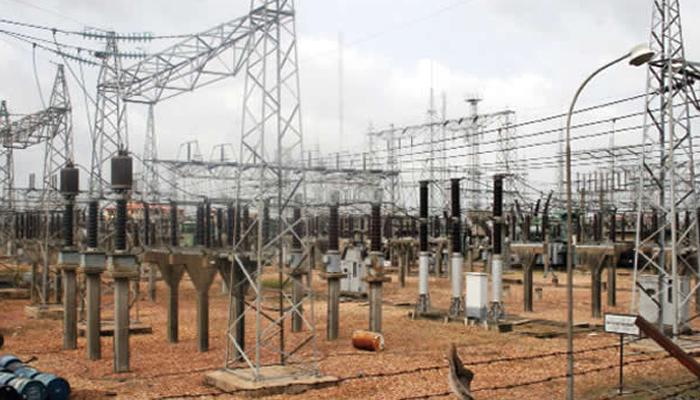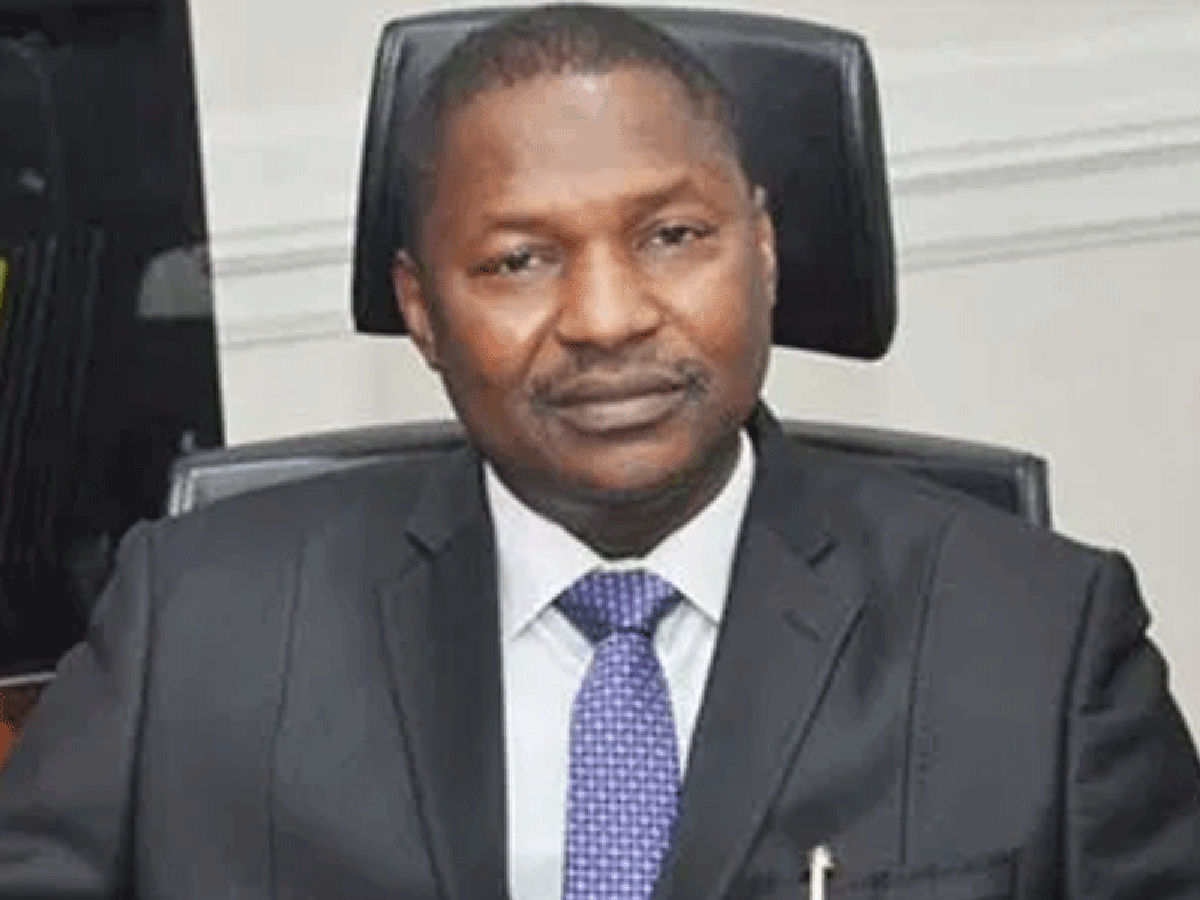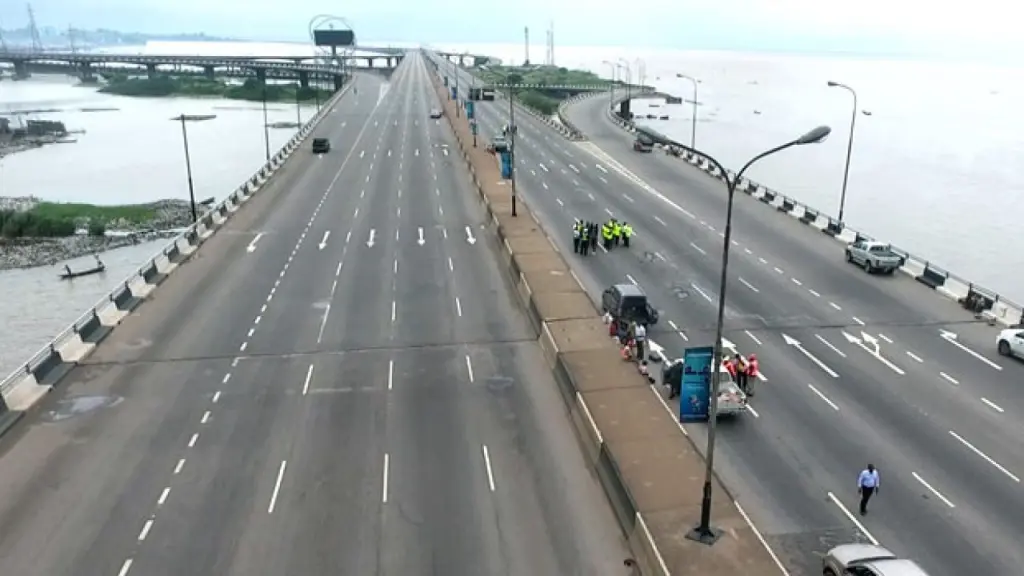Metro
Outage As National Grid Collapses Again

The National Electricity Grid has experienced another system failure, the fourth this year.
The grid collapse led to a nationwide blackout in states and the Federal Capital Territory (FCT), Abuja.
The grid collapsed at 3:10 pm on Saturday, according to electricity distribution companies.
In a statement, Kaduna Electric, which serves Kaduna, Sokoto, Kebbi, and Zamfara states, said, “We regret to inform you that the power outage being experienced in our franchise states is due to System Collapse of the National Grid.
READ ALSO: Food Crisis: 82 Million Nigerians May Go Hungry Soon, UN Warns
“The collapse occurred at about 3:10 pm. hence the loss of supply on all our outgoing feeders.
“Power supply shall be restored as soon as the National Grid is powered back.
Our sincere apologies for any inconvenience.”
Power Outage In Our Franchise Due To Grid Collapse.
Dear Esteemed Customers,
We regret to inform you that the power outage being experienced in our franchise states is due to the System Collapse of the National Grid.
READ ALSO: Anguish, Chaos, Gridlock Over Int’l Flight Relocation
— Kaduna Electric (@Kadunaelectric) July 6, 2024
Also, the Abuja Electricity Distribution Company (AEDC), which serves the Federal Capital Territory (FCT), Niger, Kogi, and Nasarawa states, blamed the power outage experienced on the collapse of the national grid.
“Please be informed that the power outage being experienced is due to a system failure from the national grid at 3:10 pm today, affecting the power supply to our franchise areas,” the AEDC said.
Power Outage alert! #PowerOutage #AEDC #Abujadisco #PowerofCommitment pic.twitter.com/HvOdX8aJlk
— aedcelectricity (@aedcelectricity) July 6, 2024
Fire Outbreak?
The Ibadan Electricity Distribution Company Plc, which serves Oyo, Ogun, Osun, Kwara and parts of Ekiti states, blamed the forced outage on a fire outbreak at the Transmission Company of Nigeria (TCN).
Important Update #ibedc #distributingpower #changinglives pic.twitter.com/YQJRQ0hoUx
— IBEDC (@IBEDC_NG) July 6, 2024
READ ALSO: Court Judgement: Join Okpebholo To Build A Formidable Force, APC Mocks PDP’s Ighodalo
Similarly, the Enugu Electricity Distribution Plc confirmed a general system collapse in the five states of the South-East geopolitical zone. “This has resulted in the loss of supply currently being experienced across the network.
“Due to this development, all our interface TCN stations are out of supply, and we are unable to provide services to our customers in Abia, Anambra, Ebonyi, Enugu, and Imo States,” the disco said in a statement.
NOTICE OF GENERAL SYSTEM COLLAPSE
The Enugu Electricity Distribution Company PLC (EEDC) wishes to inform her esteemed customers of a general system collapse which occurred at 15:09 hours today, 6th July 2024.
— Electricity Distribution Plc. (@enugudisco) July 6, 2024
Webpushr
Metro
JUST IN: Court Grants Malami, Wife, Son N500m Bail Each

Justice Emeka Nwite of the Federal High Court sitting in Abuja has admitted former Attorney General of the Federation (AGF) and Minister of Justice, Abubakar Malami, SAN, to bail in the sum of N500 million and two sureties in like sum pending his trial.
Malami, his son, Abdulaziz Malami, and his wife, Hajia Asabe Bashir, who is an employee of Rahamaniyya Properties Limited, are being prosecuted by the Economic and Financial Crimes Commission (EFCC) over alleged money laundering to the tune of N8.7 billion.
Ruling on the bail application filed by Malami and his codefendants on Wednesday, Justice Nwite also ordered that the two sureties must have landed properties in Maitama, Asokoro, or Gwarimpa districts of Abuja.
He ruled that the documents of the properties belonging to the sureties are to be verified by the Deputy Chief Registrar of the Court, while the sureties are also to depose to an affidavit of means.
READ ALSO:Fubara: Mistakes Of 2023 Will Not Be Repeated In 2027 – Wike Vows
Malami is to deposit his travelling documents with the Court and must not travel out of the country without the express permission of the court.
Besides, the former AGF and his sureties were also ordered to deposit their two recent passport photograph with the court.
Meanwhile, Malami has been ordered to be remanded at the Kuje Correctional Centre in Abuja pending the perfection of the bail conditions.
After delivering ruling on the bail application, the trial judge, Justice Nwite, fixed February 17, 2026, for the commencement of the trial in the matter.
READ ALSO: EFCC Releases Malami After Interrogation, Gives Fresh Appointment For More Questioning
The same bail conditions were extended to Malami’s son, Abdulaziz Malami, and his wife, Hajia Asabe Bashir, who is an employee of Rahamaniyya Properties Limited.
The EFCC had slammed a 16-count charge against Malami, his son, and his wife.
In count one of the charge, the anti-graft agency alleged that, “You Abubakar Malami, SAN, and Abubakar Abdulaziz Malami, between July 2022 and June 2025, in Abuja, procured Metropolitan Auto Tech Limited to conceal the unlawful origin of the sum of N1,014,848,500.00 in a Sterling Bank Plc account, when they reasonably ought to have known that the sum constituted proceeds of unlawful activities, thereby committing an offence contrary to Section 21(c) of the Money Laundering (Prevention and Prohibition) Act, 2022, and punishable under Section 18(3) of the same Act”.
READ ALSO: JUST IN: Court Orders Remand Of Ex-AGF Malami, Son, Wife In Kuje Prison
Count five reads: “That you Abubakar Malami, SAN, Abubakar Abdulaziz Malami and Hajia Bashir Asabe, an employee of Rahamaniyya Properties Limited, sometime in September 2024, in Abuja, conspired to disguise the unlawful origin of the aggregate sum of N1,049,173,926.13 paid through the Union Bank Plc account of Meethaq Hotels Limited, Jabi, between November 2022 and September 2024, contrary to Section 21 of the Money Laundering (Prevention and Prohibition) Act, 2022, and punishable under Sections 18(2)(a) and 18(3) of the same Act”.
Count six reads: “That you Abubakar Malami, SAN, and Abubakar Abdulaziz Malami, between November 2022 and October 2025, indirectly took control of the aggregate sum of N1,362,887,872.96 paid through the Union Bank Plc savings account of Meethaq Hotels Limited, when they reasonably ought to have known that the funds constituted proceeds of unlawful activities, contrary to Section 18(2)(d) and punishable under Section 18(3) of the Money Laundering (Prevention and Prohibition) Act, 2022”.
Metro
18-year-old OAU Medical Student Dies While Sleeping

The management of Obafemi Awolowo University, OAU, Ile-Ife, has announced the death of an 18-year-old part-three medical student of the institution.
The student, identified as Timilehin Adetoye Toromade, was a student of the College of Health Sciences, Department of Medicine and Surgery.
According to a statement by the institution’s Public Relations Officer, Abiodun Olarewaju, Timilehin with matriculation number CLI/2022/133, reportedly died in his sleep in the early hours of Tuesday, January 6, 2026.
The statement revealed that the “university received the news of the student’s passing with shock and deep sorrow”.
READ ALSO:OAU Student Electrocuted While Retrieving Ball
It also described the incident as devastating to the academic community.
According to the statement, “preliminary information suggested that the student might have died shortly after 2 a.m., as one of his roommates reportedly said the deceased opened the door for another student around that time.
“The Vice-Chancellor of the university, Professor Adebayo Simeon Bamire, expressed condolences on behalf of the Visitor, the University Council, Management, Senate, staff and students”.
The VC, Professor Bamire, described the incident as a painful loss, saying, “The loss of a young life filled with promise, purpose, and potential is a tragedy that words alone cannot adequately capture.”
READ ALSO:No ID Cards, No Exams, OAU Students Ground Campus In Protest
He added that the university community was united in grief over the passing of a student who had embraced the rigours of medical training with the aim of serving humanity.
According to him, the death had left a void among the student’s peers and all those who knew him within the university community.
The university management stated that it was working closely with relevant authorities to fully understand the circumstances surrounding the incident, in line with established medical and administrative procedures.
It also disclosed that appropriate support measures were being put in place to assist students and members of the university community who may have been emotionally affected by the loss.
The management called on students, staff, alumni and friends of the institution to remain calm and compassionate, while extending sympathy to the family of the deceased.
Metro
Panic As BRT Bus Catches Fire On Third Mainland Bridge

Panic gripped motorists on Tuesday afternoon following a fire outbreak involving a Bus Rapid Transit, BRT, vehicle on the Third Mainland Bridge, leading to massive traffic disruption.
The incident occurred around 1:00 p.m. near the Adekunle section of the bridge, heading towards Iyana Oworo.
The Lagos State Traffic Management Authority, LASTMA, confirmed the development in a statement posted on its official X handle.
According to the agency, the high-capacity BRT bus suddenly went up in flames, prompting anxiety among road users in the area.
READ ALSO:Police Detain Officers Over Alleged N3.3m Extortion From Lagos Couple
Footage shared online showed the bus completely consumed by fire, with thick plumes of smoke rising into the sky as motorists slowed down or sought alternative routes to avoid the scene.
While no injuries or loss of life were reported, the incident caused a heavy traffic buildup extending from Adekunle towards Iyana Oworo.
“A high-capacity bus is currently on fire on the Third Mainland Bridge by Adekunle, inward Iyana Oworo, and this is impacting traffic flow,” LASTMA stated.
“Our personnel are on ground managing traffic, while efforts are ongoing to extinguish the fire,” the agency added.
READ ALSO:Lagos Govt Begins Clearance Of Illegal Structures Along Lagos-Badagry Expressway
Subsequent updates indicated that officials of the Lagos State Fire and Rescue Service arrived at the scene and worked to control the blaze to prevent further damage.
Traffic officers were also deployed to redirect vehicles away from the affected area as emergency responders tackled the situation.
As of the time this report was filed, the cause of the fire had yet to be determined.

 News3 days ago
News3 days agoWhat I Saw After A Lady Undressed Herself — Pastor Adeboye

 Headline3 days ago
Headline3 days agoPROPHECY: Primate Ayodele Reveals Trump’s Plot Against Tinubu

 Metro3 days ago
Metro3 days agoArmed Robbers Shot PoS Operator To Death In Edo

 Metro3 days ago
Metro3 days agoJoint Task Force Kills 23 Bandits Fleeing Kano After Attacks

 Politics3 days ago
Politics3 days ago2027: Rivers APC Pledges To Follow Wike’s Instructions

 Metro3 days ago
Metro3 days agoGunmen Demand N200m Ransom For Kidnapped Brothers In Edo

 Metro2 days ago
Metro2 days agoAAU Disowns Students Over Protest

 Entertainment3 days ago
Entertainment3 days agoPHOTOS: Anthony Joshua Makes First Social Media Post After Surviving Deadly Car Crash

 Metro2 days ago
Metro2 days agoEdo: Suspected Kidnappers Kill Victim, Hold On To Elder Brother

 Politics3 days ago
Politics3 days agoWhy Kano Governor Postponed Formal Defection To APC
























